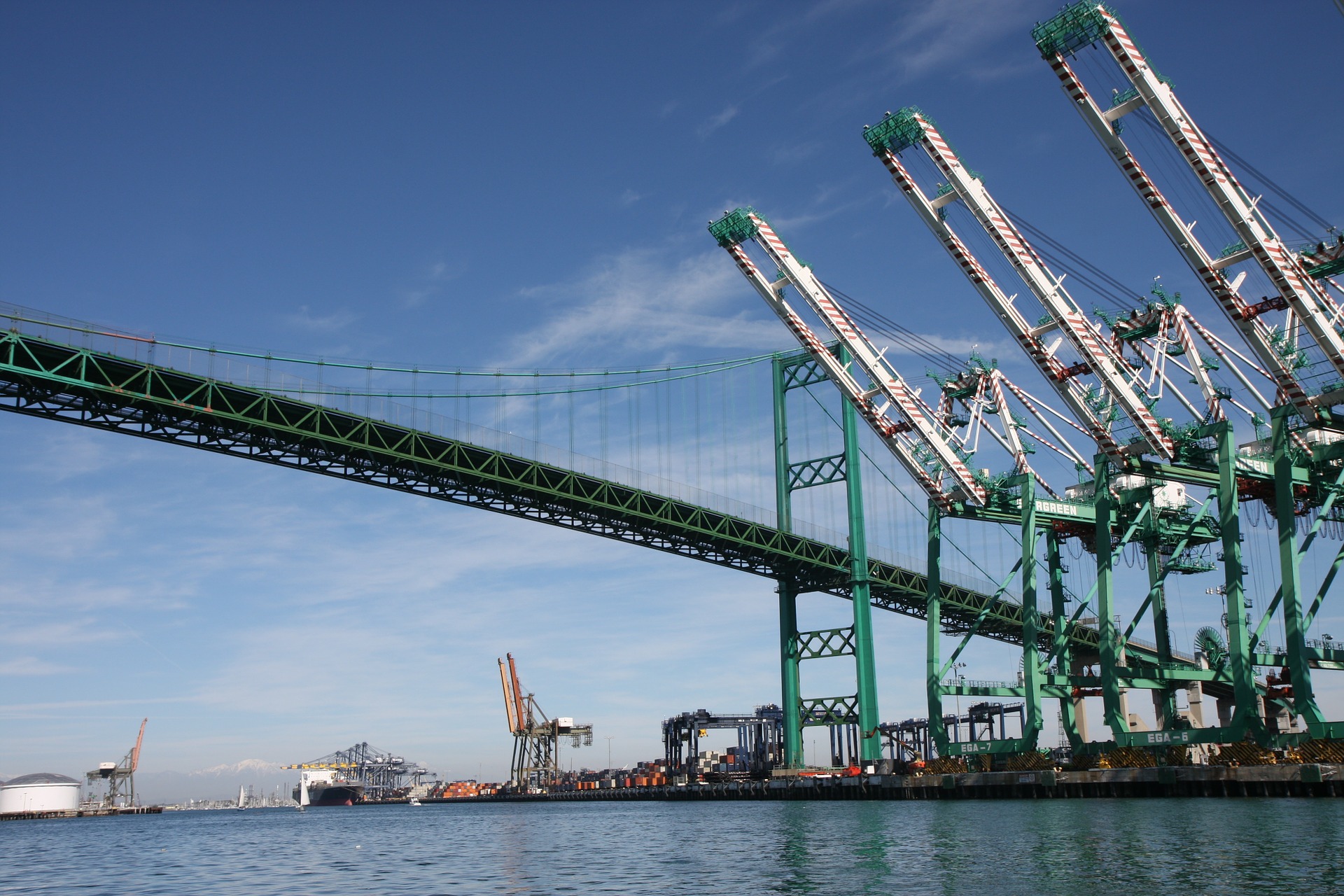The California State Legislature’s Assembly Select Committee on Ports and Goods Movement hearing recently gave us a 240-minute summary of where things stand with the supply chain backlog in California.
It provided insight from executives at the port authority, agriculture, retail, and economy and highlighted the tremendous backlog to California imports and exports, especially when it comes to agriculture.
It also showed us how the state’s underinvestment in its ports and a lack of preparation led to the supply chain crisis that is costing Californians and the rest of the country.
Few speakers painted a darker picture of the supply chain backlog that perhaps Roger Isom, the president and chief executive officer of California Cotton Ginners and Growers Association and Western Agriculture Processors Association.
Isom said the California cotton and tree nut industries rely heavily on exports and produce an estimated $8 billion in exports annually. The bad news, according to Isom, is that 80 percent of exports are being “rolled,” or canceled right now.
He spoke of a walnut processor who had all 27 of their export bookings canceled. Having products sitting idle at a dock or in a warehouse, he said, can result in storage costs of between $10,000 to $30,000 a month until bookings are rescheduled.
Farmers and growers in California are now shipping their exports to Galveston, Texas, and the East Coast at a loss just to get them to European customers, he said.
The most recent numbers as of Thursday, Nov. 11, show 74 ships were at anchor, or idling, at the ports of Long Beach and Los Angeles. The number of ships at “berth,” or unloading, at the Port of Long Beach and Port of Los Angeles was 12 and 17, respectively.
Some 93 ships are either anchored or unloading in Long Beach and Los Angeles.
Some vessels have been at anchor at the Port of Long Beach for more than 28 days. One, the 915-foot “Wan Hai 625,” has been at anchor for 39 days and counting. The Port of Los Angeles reports that the average days at anchor and berth is currently 25.5.
The supply chain crisis is a double-sided problem. While ships are waiting to import goods, impacting grocery and big box stores, agriculture goods meant to go overseas are being held from leaving California.
While the ports of Long Beach and Los Angeles are widely known to handle 40 percent of American imports, the ports also manage 30 percent of United States exports, according to Danny Wan, president of California Association of Port Authorities and executive director of the Port of Oakland.
Wan testified about the severe deficit in port infrastructure in California compared to the rest of the United States. He noted that other states usually spend $11 to every $1 spent by California when it comes to port infrastructure.
Other ports on the west coast are experiencing smaller backlogs. The Northwest Seaport Alliance reported 15 ships were anchored in Puget Sound due to supply chain congestion last month. The Port of Los Angeles had around 15 ships anchored in mid July 2021 when it took less than a week to unload vessels. The Port of Portland began receiving chartered vessels in August due to port congestion and expects to unload several hundred additional containers every couple of weeks through 2022.
At the start of the hearing, Assembly member Patrick O’Donnell, whose district includes the Port of Long Beach, said, “The simple answer to this crisis is people stop buying things but that’s not going to happen.” He was hopefully joking. But his sarcastic remark, and the expectation that the supply chain congestion will continue into 2022 is further proof that California is woefully unprepared to handle this type of worst-case scenario.
The state is rushing to allocate more land to ports. The recently passed federal infrastructure bill has allocated $17.1 billion for ports across the United States. But it’s a band aid for a growing crisis that needs a solution now. More storage, more longshoreman, more trucks, and investments in port infrastructure are months, years, even decade-long solutions, not immediate fixes.
Portland-based KGW quoted a shipping expert with the Norton Lilly International Company, who said, “We are living in a madhouse,” regarding the supply chain. Ain’t that the truth.
Evan Harris is the media relations and outreach coordinator at PRI.


